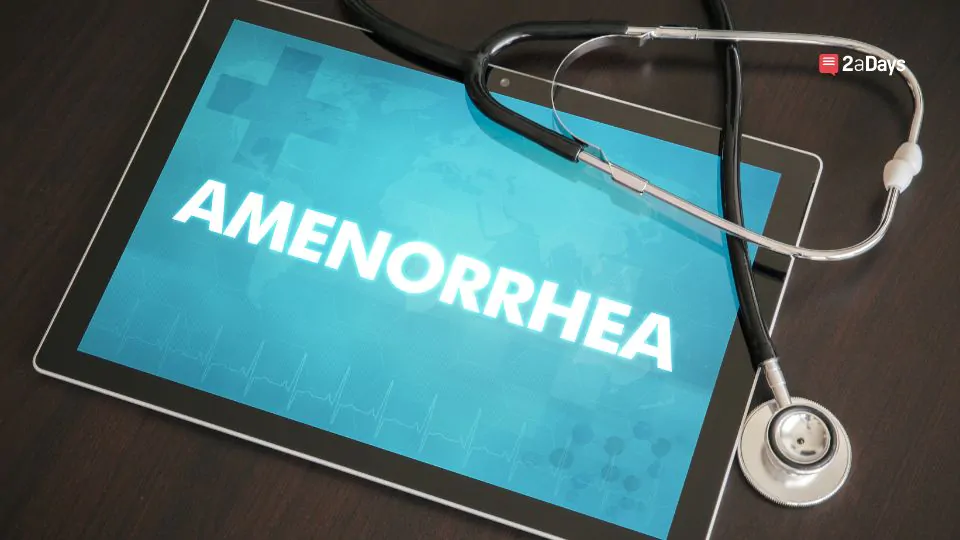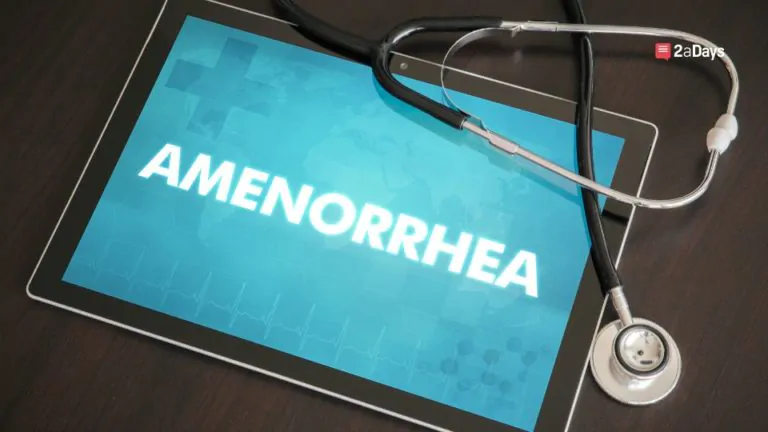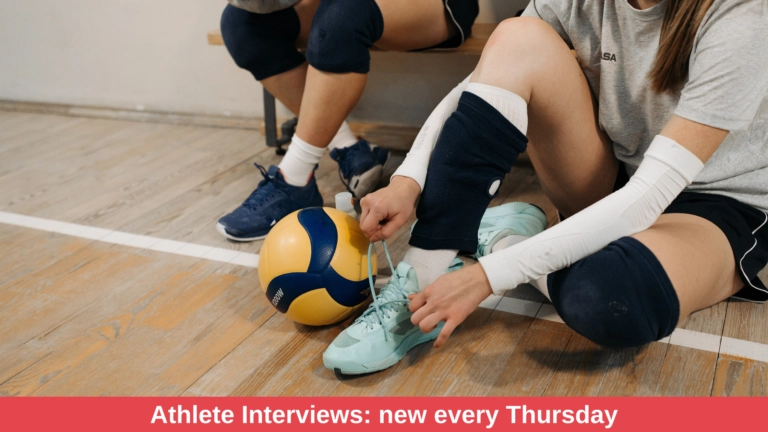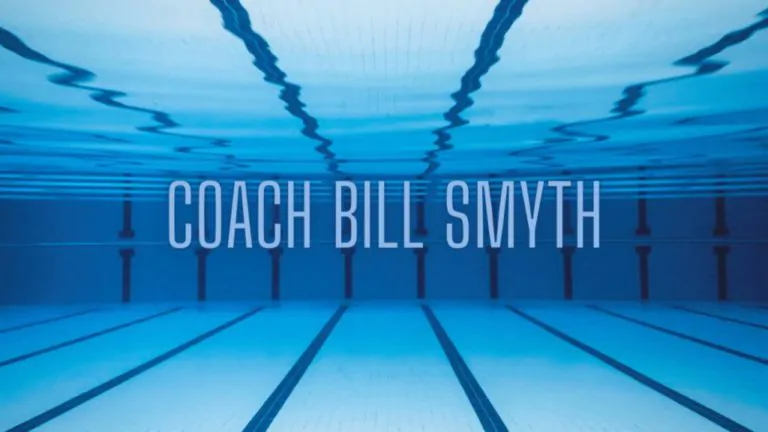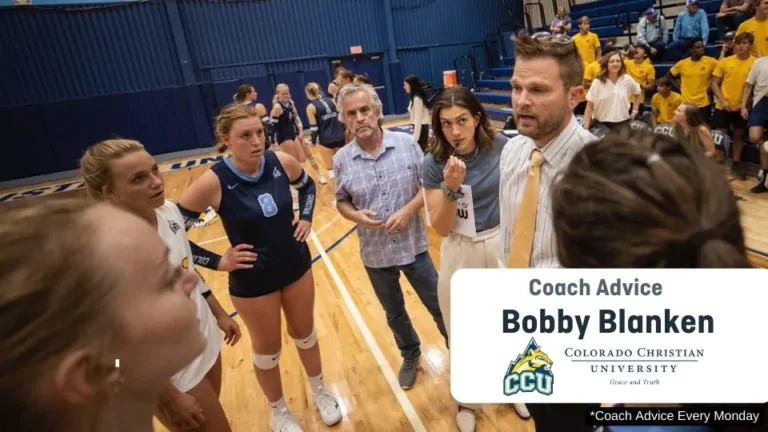As a female athlete, your monthly period might be annoying or even painful. But if it becomes irregular or goes away completely, that may present another set of problems.
In some studies, 40% of female athletes under-report menstrual cycle disorders. Rigorous training routines and increased stress may result in period loss, which can lead to numerous complications like increased cholesterol, premature aging, and bone density loss. Ballet dancers and gymnasts may possess greater period loss risks.
Causes
Medical professionals call period loss “amenorrhea.” Here's how it happens: The brain produces hormones, which fail to signal ovary hormones. In turn, ovary hormones do not start progesterone and estrogen production. Normally, estrogen causes ovulation, or the production of a fertile egg. Typically, progesterone thickens the uterine lining for the egg, both of which would seep out, causing a period. Without these hormones, the menstrual cycle does not occur. Other internal causes include low body fat percentages and disordered eating patterns.
Treatment
Generally, female athletes can recover with lower-intensity workouts, dietary changes, and weight gain. Other changes include reducing stress via relaxation techniques. Students can also receive recovery guidance from general practitioners and gynecologists where they can receive dietary advice, workout suggestions, and supplement recommendations. Athletes with disordered eating patterns should seek professional counseling as well.
Work it out
Athletes with amenorrhea may be advised to engage in low-intensity, thirty-minute workouts like walking, jogging, and slowly lifting weights in which they keep a steady rate for a short time period. This replaces a more intense workout for a short time. Athletes should break a light sweat and be able to have a conversation and after the workout, athletes should feel energized. Over time, these workouts can improve mood, mobility, balance, and sleep quality. Lower-intensity workouts decrease joint stress and can reduce pain, fatigue, and injury.
Chill out
Additionally, there are a number of relaxation techniques athletes can incorporate into their routines. Yoga classes help center the body and calm the mind, and luckily for busy athletes, they can often access both on-campus or remote classes on YouTube. Guided meditation, which encourages the mind to focus on only one image, can also be a helpful relaxation technique. In guided meditations, an athlete lays down and closes their eyes while an instructor mentions prompts, such as rainfall and peaceful lakes to encourage relaxation and restoration. Like yoga, meditation teachers offer in-person, remote, and pre-recorded guided meditation classes.
Eat up!
When it comes to diet, athletes with amenorrhea should increase their calcium intake and consume foods like salmon, broccoli, and low-fat dairy products. Other foods to consider are bok choy, tofu, and various nuts. An athlete's intake of coffee and saturated fats should be reduced. Active diets should always involve water and herbal teas like chamomile and peppermint can make good coffee replacements.
Take your vitamins
Finally, nutritional supplements can help regulate the menstrual cycle. For instance, Vitamins B6 and B1 help alleviate Post-Menstrual Syndrome symptoms, Vitamin E improves menstrual blood flow, and Magnesium reduces menstrual cramps. Always consult a doctor before changing diets or taking new supplements.
Period loss greatly impacts the health of female athletes, but lower-intensity workouts, increased food intake, meditation, and vitamins can help with period recovery. Ultimately, athletes should commit to energizing and motivating routines and consult with their doctor for optimal recovery.
Have an idea for a story or a question you need answered? Want to set up an interview with us? Email us at [email protected]
* Originally published on November 4, 2022, by Britt Trachtenberg
